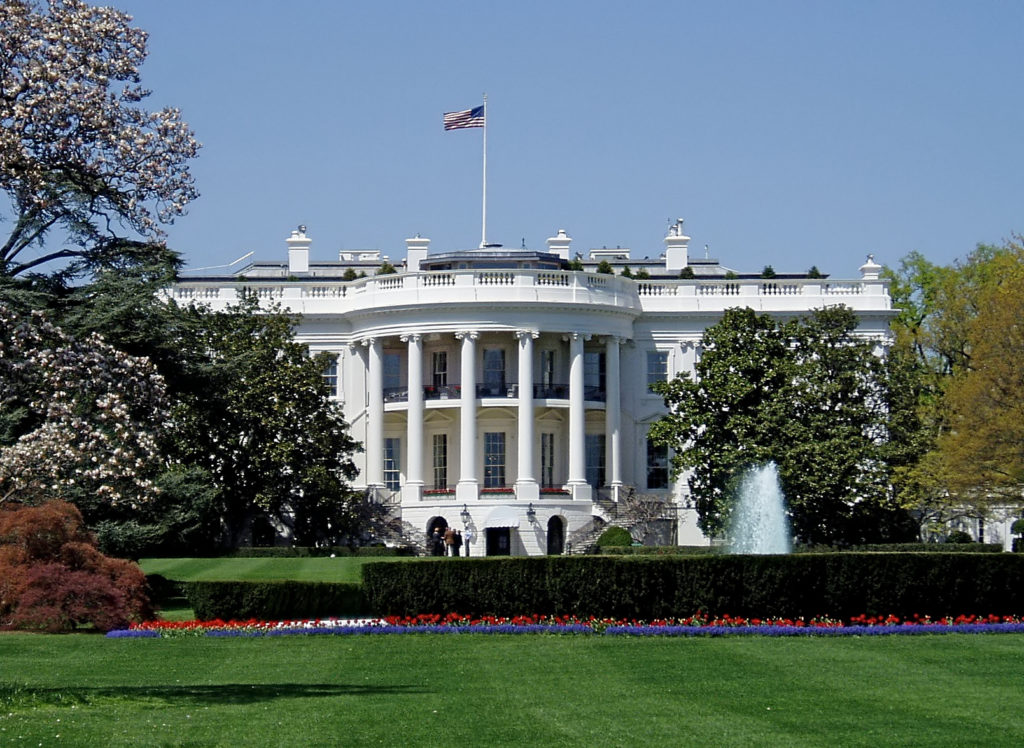Stanford’s David Sklansky on Special Counsel Investigation of Biden Documents
Last week, Robert Hur, JD ’01, was appointed special counsel by AG Merrick Garland to investigate President Biden’s possession of documents marked as classified from his service in the Obama administration as vice president. The documents were reportedly discovered by President Biden’s personal attorneys in one of his private homes and an office that he used in Washington. Here, Stanford Law Professor David Sklansky discusses Hur’s appointment and compares the Biden documents case to that of former president Trump.
How serious is this discovery of documents marked classified at President Biden’s former U Penn office and home?

It’s really hard to say how serious the discovery is from a legal standpoint without knowing more about the documents and how they ended up where they were discovered. From a political standpoint, it’s never good news for a president when a special counsel is appointed to investigate the president or members of the administration. But it’s unclear whether Biden had any personal involvement or knowledge of these documents, and it’s unclear whether Biden or anyone else acted with the kind of intent or recklessness that could make the mishandling of the documents criminal.
Do you think Garland was justified in moving quickly to appoint a special counsel?
As to whether Attorney General Garland was justified in appointing a special counsel—that’s hard to say, also, without knowing more. Garland took this step on the advice of John Lausch, the Trump-appointed U.S. Attorney in Chicago, after Garland asked Lausch last November to carry out a preliminary assessment of the case. Under DOJ’s rules, a special counsel is supposed to be appointed if there are grounds for a criminal investigation, and if it would create a conflict of interest for the investigation to be handled by the lawyers who usually would handle the case within the Department. It’s pretty clear that it would create a conflict of interest for DOJ to investigate a case involving the sitting president, who after all is the attorney general’s boss. But the big question here is whether any criminal investigation is warranted at all. That’s what is hard to know without knowing more about the documents, and any other information that was uncovered by Lausch’s preliminary inquiry.
What is at the heart of the Biden documents case? Is it possession of the documents after he left office?

Professor of Law
Yes, it’s the removal of those documents from government offices, and then their retention.
What does it mean to have a special counsel appointed? What are the implications of this for President Biden?
It means that the investigation of the case, as well as any criminal prosecution that ensues, will be supervised by a prosecutor—in this case Robert Hur—who will operate largely, but not entirely, outside the normal chain of command at the Department of Justice. Garland has the authority to overrule any step that Hur takes in investigating the case, or in prosecuting charges arising from it, but this is supposed to be rare. DOJ regulations require the attorney general to give “great weight” to the views of the special counsel, and they prevent anyone at DOJ, including Garland, from exercising “day-to-day supervision” over Hur. Hur can also be removed from his position, but only for good cause, and only by Garland’s personal action.
What all of this winds up meaning for Biden will depend on what Hur finds: whether, for example, he determines that Biden knew about the documents and was personally responsible for how they were handled. That’s from a legal standpoint. From a political standpoint, again, it’s never great for a president to have a special counsel appointed. But it probably would have been worse for Biden if it appeared that his administration wasn’t taking steps to make sure this matter was investigated in an impartial manner.
How does President Biden’s document case compare to former President Trump’s documents case?
It’s night and day. Last fall, Garland named a separate special counsel, Jack Smith, to take over DOJ’s investigation both of the documents found at Mar-a-Lago—Trump’s residence and private club in Florida—and of any crimes associated with efforts to block Biden from taking office. Both of those investigations were already ongoing at the time. What triggered the appointment of a special counsel wasn’t the launch of the investigations; it was Trump’s announcement that he was running for president again.
The circumstances surrounding the documents found at Mar-a-Lago are very different from what we know about the documents found in Biden’s private office and at his home. There were many more classified documents found at Mar-a-Lago: hundreds, as opposed to what appear to be, in Biden’s case, one or two dozen. And the documents found at Mar-a-Lago don’t appear to have been merely classified; news reports suggest that they included highly sensitive foreign intelligence. We don’t know how sensitive the documents found at Biden’s private office and home were.
The biggest difference, though, is that in Biden’s case the documents were discovered by his own staff and then voluntarily returned to the government. In Trump’s case, the National Archives realized documents were missing, and then the government spent months trying to get Trump to return the documents and to identify any other documents that had been taken improperly to Mar-a-Lago. Trump’s representatives repeatedly stonewalled those efforts, falsely claimed to have returned all classified documents, and—judging from the DOJ’s filings—may have moved some documents to prevent the government from finding them. It was the stonewalling and apparent obstruction, not the fact that documents turned up at Mar-a-Lago, that appears to have prompted the criminal investigation.
Is there a risk of mission creep with this investigation, as happened with the Kenneth Starr investigation of President Clinton? Or do you expect AG Garland to keep these investigations in line and prevent them from becoming politicized?
There’s always a danger of mission creep, and Garland’s authority over the investigation will be limited, by design. But what happened during the Starr investigation was an extreme case, and it seems unlikely to be repeated here.
David Alan Sklansky is the Stanley Morrison Professor of Law and Faculty Co-Director of the Stanford Criminal Justice Center. His most recent book is “A Pattern of Violence: How the Law Classifies Crimes and What It Means for Justice” (Harvard University Press, 2021).
